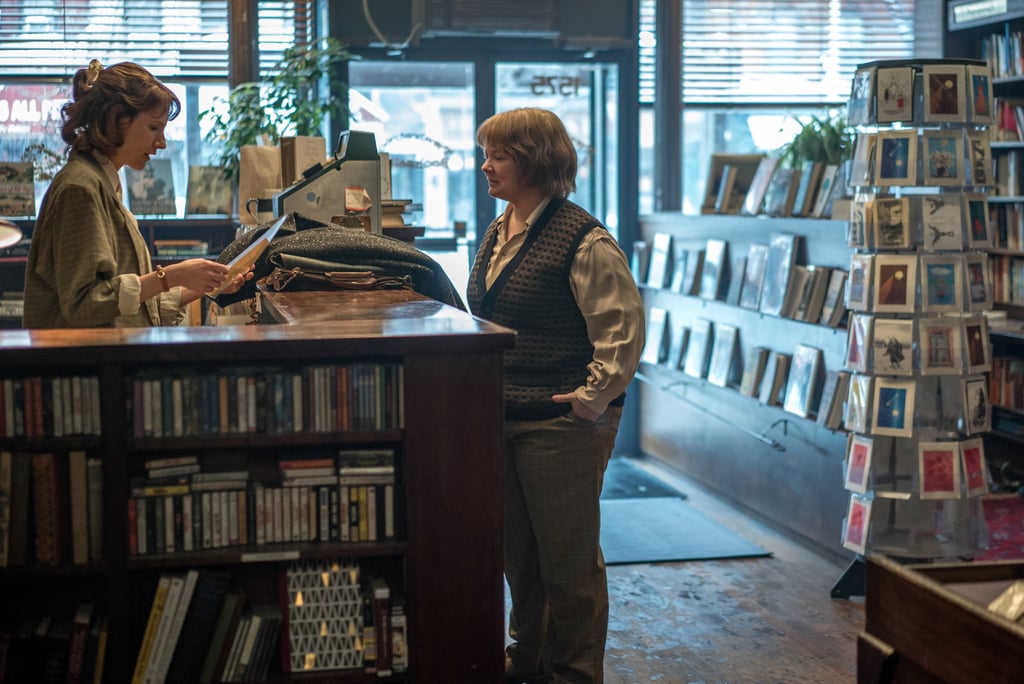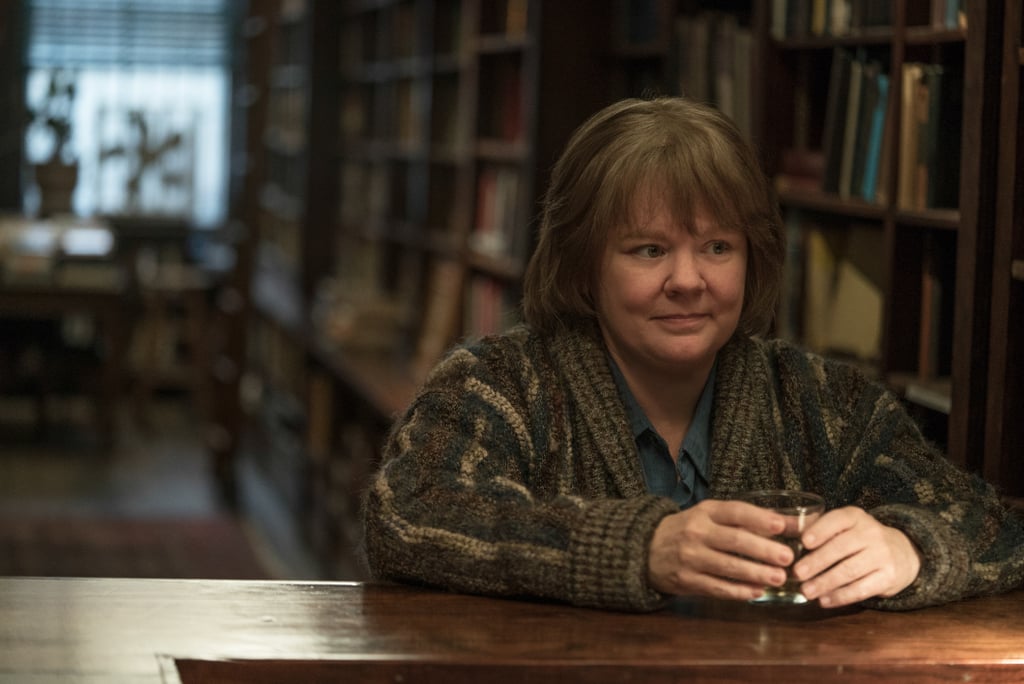On Oct. 19, fans of Melissa McCarthy [1] are going to see the actress in a completely new light. The comedic star of Bridesmaids and Spy is taking on the role of real-life author and forger Lee Israel in Can You Ever Forgive Me? [2]. Early reviews of the film suggest there could very well be an Oscar in McCarthy's future, and it's no wonder, given that her performance looks transformative in the trailer. As intriguing as the film looks, the true story behind Can You Ever Forgive Me? [3] is quite possibly even more fascinating.
Israel's path to a life of crime and her seeming lack of remorse for forging letters from famed authors (and outright stealing priceless artifacts from libraries) make her a character like no other. But the best part is, Israel is all too real, and she was more than happy to share the story of her foray into a life of crime with the world. Read on to find out how one author went from being a (mostly) mild-mannered historical biographer to one of history's most prolific literary forgers.
Who Was Israel Before the Forgeries?
Born on Dec. 3, 1938, Leonore Carol Israel was a lifelong New Yorker who never had any desire to work a normal 9-to-5 job. As reported by The New York Times in 2015, Israel earned a bachelor's degree in speech [4] from Brooklyn College in 1961. Afterward, she made a living as a freelance writer for outlets ranging from The Times to Soap Opera Digest. Then, in 1972, she published her first book: Miss Tallulah Bankhead, a biography of the famous actress's life. She followed up her first biography with a second; this time her subject was the journalist Dorothy Kilgallen, and her efforts landed her on the NYT bestsellers list.
It was at this point that Israel's fortunes took a turn for the worse. Her third novel was an unauthorized biography of Estée Lauder, which arrived in bookstores at the same time as the famed cosmetics icon's authorized biography hit the shelves. With her third book a flop, Israel's career took a downturn that ultimately led to her living on welfare and unable to pay for her sick cat's medical expenses.
During a 2008 interview with NPR, Israel explained it was at this point that she saw an opportunity to make enough money to get her cat's health test results back. While she was at the library, she was left alone with some valuable letters [5], and she told NPR that she "took a couple of Fanny Brice letters, slipped them in my sneakers, and sold them to a place called Argosy on the east side of New York City."
Israel's Foray Into Crime
That one small criminal act quickly spiraled into something much bigger. Israel realised that if she added juicy embellishments to the authors' letters via a postscript, she could make more cash. Soon she was using vintage paper and typewriters to forge entire letters by the likes of Dorothy Parker, Noël Coward, and Ernest Hemingway. Because she charged so little for her forgeries, she got away with selling her fake letters to multiple collectors in the early '90s. It wasn't until she wrote too openly about Coward's sexuality in a few letters that her scheme was discovered.
However, even after she stopped writing letters, she found a new way to make money by swapping handmade duplicates of famous letters from archives across New York City for the originals and selling them to buyers. New York autograph dealer David H. Lowenherz told The Times, "She would go into these libraries and copy the letter in question, go back to her home and fake as best she could the stationery and fake the signature, and then she'd go back to the institution and make the switch. So she was actually not selling fakes: She was substituting the fakes and selling the originals."
Ultimately, the FBI became involved, and in June 1993, Israel pleaded guilty to "conspiracy to transport stolen property in interstate commerce," as reported by The Times. She was sentenced to six months of house arrest and five years' probation and banned from many libraries.
What Happened After Israel Was Caught?
After she was caught, she became a copywriter for Scholastic's magazines. In 2008, her final book — Can You Ever Forgive Me? [6] — was published. The title was not a plea for forgiveness but rather a line from one of her forgeries. While promoting her memoir in 2008, Israel told NPR, "You own the character. I finally owned Noel Coward and Edna Ferber and Louise Brooks and people like that. I had always adored large personalities, I had a good ear and I guess a talent to amuse. I could be funny, and that's how I did it."
Israel died in Manhattan on Dec. 24, 2015, at the age of 75, but she never seemed to regret her time spent creating forgeries. She wrote in her memoir, "I still consider the letters to be my best work."


